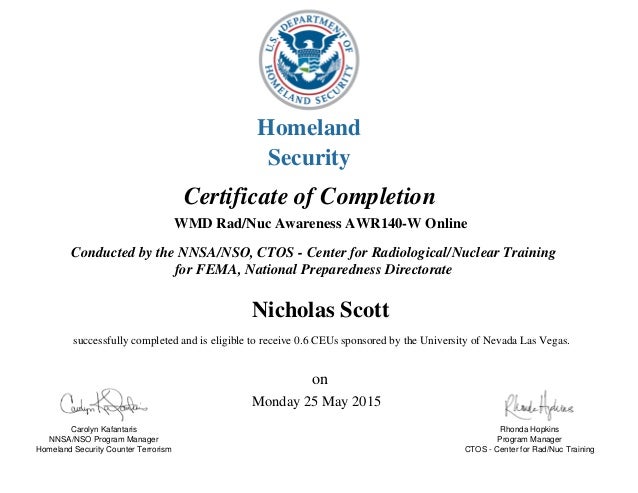The ACT Hostile Environment Awareness Course (HEAT) is an advanced level security course aimed at those who live, operate in or travel to very insecure contexts. The training is very realistic and participants are put through complex scenarios to build their skills and confidence. The aim of the course is to enhance the resilience of personnel in the mission area, increase their understanding of proactive security and of basic field measures, providing personnel with knowledge, tools and techniques in order to avoid potentially dangerous situations or to cope with them in the most adequate way possible.
- AKE’s award winning training services set the benchmark for travel safety, medical and hostile environment training. We have developed a comprehensive portfolio of training services that encompasses a wide spectrum of risk management issues. We constantly challenge the status quo and value the differences that we make.
- HoStile worK environment – Harassment by a co-worker that is unwanted and repeated. Hostile work environment harassment can be asking for dates, makes sexual remarks, or displaying offensive pictures. Women in the construction industry report a whole range of behaviors that can be considered sexual harassment, including.
- Hostile Environment Awareness Training (H.E.A.T.) GardaWorld’s Hostile Environment Awareness Training (H.E.A.T.) is a threat-focused, principle-based online course that combines theory with highly realistic, scenario-based practical training modules designed for employee and traveler safety.
What is a Hostile Environment Awareness Training (HEAT)?
Hostile Environment Awareness Training (HEAT) is an intensive practical course with hands-onactivities that allow participants to explore their behavior and learn, apply and experience life saving behaviours through realistic simulations in a high-risk environment.
The aim is to improve personal security and self-awareness for NGO workers. Our well-tested learning process builds on 3 phase methodology of (1) learning theory, (2) putting classroom learning into a practice, and (3) testing your newly gained skills in realistic simulations.
Who should attend the training?
The training is designed for Aid Workers who are deployed to high-risk / hostile environment countries.
What will I learn in a HEAT training?

Most of Salanga’s HEAT trainings are organized and planned for a specific clients’ needs. The topics covered may include the following:

- Survival skills (water, food, shelter)
- Landmines, UXO & IEDs
- Navigation & topography
- First Aid
- Abduction & hostage taking
- Coping with sexual violence
- Stress management & defusing
- Field communication & equipment
- Security planning
- Context & risk assessment
- Familiarization with weapons
- Check-points & roadblocks
- Cross-fire
- Travel security
- Cultural awareness & security strategies
What new skills will I have when I’ve completed the HEAT training?
Hostile Environment Awareness Training Manual Pdf Template

Apart from the practical skills gained through hands-on experience in the topics listed above. People that complete the training have a(n):
- Better awareness of how I react under stress;
- Improved understanding of how an individual’s behaviour can affect a team in stressful situations;
- Increased understanding of the need to analyze situations ahead of time; and,
- Appreciation for thinking/sensing/analyzing before acting.
How can I participate in HEAT training?
Salanga has been conducting HEAT training for 12 years. Contact us to discuss your team’s needs with our security training team.
Also, check our training calendar.
Hostile Environment Awareness Training (H.E.A.T) Workshop Survival techniques for the corporate traveller in Africa
Demonstrate your duty of care by booking a H.E.A.T. course today.
Africa is a continent in conflict. Although there are great business opportunities, many African countries are experiencing a reported number of incidents of sectarian violence, political unrest, social instability, armed conflict, corrupt law enforcement, terrorism and xenophobia. Even though an armed conflict may not yet have occurred or hostilities have ceased, there are still likely to be periods of unrest caused by local elements making use of an unstable situation. In many African countries, the risks to the personal security and safety of corporate travellers include organized crime, theft, assault and hostage taking.
It is well-know that executives within some companies deploy close protection teams to shadow them when traveling to potentially hostile areas in Africa. This strategy, unfortunately, is rarely passed on to other key personnel conducting business on behalf of their companies. It is therefore imperative and much more cost effect to give your staff specific survival training to empower them with self-reliant skills.
SSC Training provides Hostile Environment Awareness Training (H.E.A.T.) courses to prepare your staff with the self-reliance and survival knowledge necessary to address risks and challenges inherent in operating in unfamiliar and hostile environments with confidence.

Our H.E.A.T. courses are structured programmes designed for staff that are visiting, living or working in areas of high insecurity or limited infrastructure. Experience has shown that such training reduces the chances of a staff member (or their dependents) from becoming involved in a security incident. The training also mitigates the serious consequences and effects of such an incident and thereby demonstrates your duty of care responsibility.
Hostile Environment Awareness Training Manual Pdf Format
Demonstrate your duty of care by booking a H.E.A.T. course today.